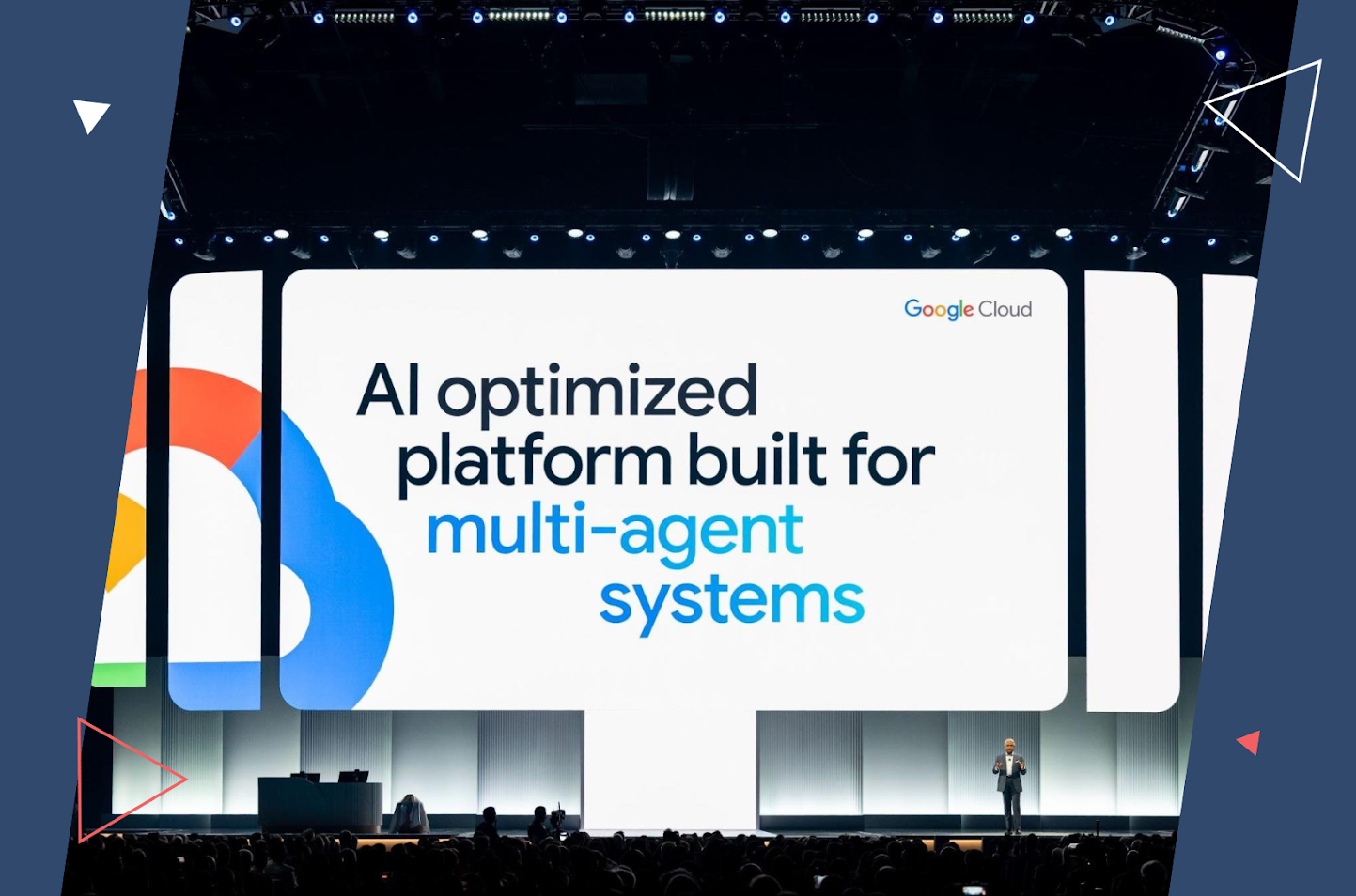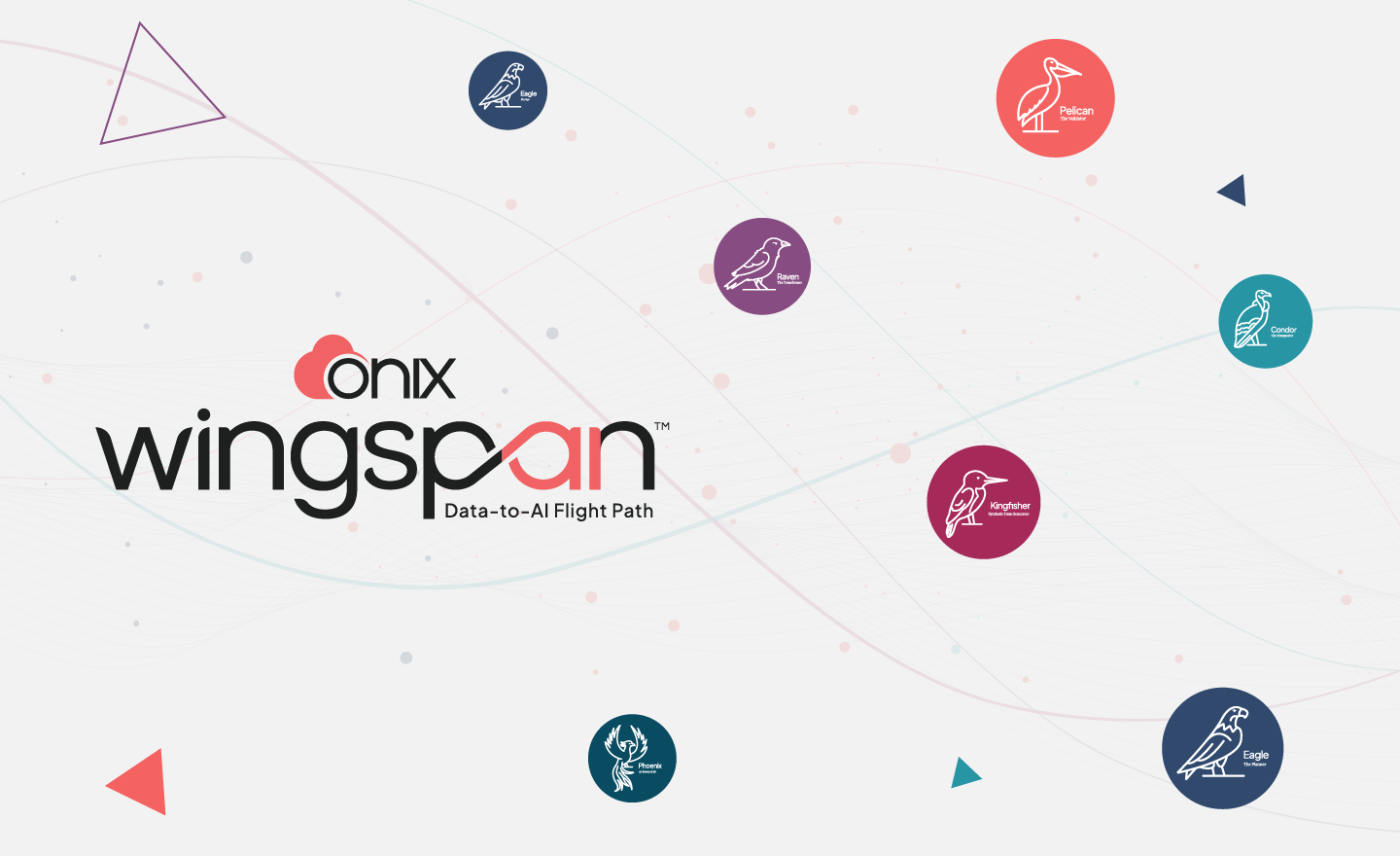Abstract: AI-powered medical imaging is revolutionizing the field of healthcare by helping doctors provide more accurate, efficient, and personalized diagnosis and treatment options for their patients. With the help of deep learning algorithms, medical imaging technology now enables medical practitioners to identify abnormalities and detect diseases with a higher level of precision and speed than ever before. This has contributed to significant improvements in the accuracy of diagnosis, the efficiency of treatment, and the overall quality of patient care. In this blog, we will explore how AI-powered medical imaging is helping to transform healthcare, its benefits and challenges, and the future of this innovative technology.
In recent years, we have witnessed the growing adoption of Artificial Intelligence (AI) in the healthcare industry for enhancing patient care, diagnostics, and analysis of the patient’s medical data. The use of AI technology is becoming more common in the field of medical imaging. AI’s goal is not to replace radiologists, but, to help them improve the diagnostic process.
Also referred to as diagnostic imaging, medical imaging is a rapidly expanding part of healthcare systems. According to GlobalData, the medical imaging market is expected to achieve global sales of $31.9 billion in 2023 – and increase to $45.8 billion by 2030.
So what factors are driving the growth of AI-powered medical imaging technology? In the section below we first look at some of the current challenges.
Current Challenges Faced by Healthcare industry
- In the post-pandemic world, healthcare companies are still catching up with the significant backlog of imaging-related demands.
- With the increase in the number of aging patients, healthcare providers are struggling to keep up with imaging-related demands.
- Inaccurate or missed diagnoses due to human error or subjective interpretations is expanding the need for AI-clinical decision support
- Definite need for improved speed and efficiency in imaging analysis and reporting
AI-powered medical imaging analysis provides an innovative solution to these problems, by supporting healthcare professionals in their review of scans. This technology helps improve the accuracy of diagnosis, the efficiency of treatment, and the overall quality of patient care.
What is medical imaging?
In simple words, medical imaging refers to several different technologies that are used to view the human body in order to diagnose, monitor or treat medical conditions. It mainly involves non-invasive visualization techniques for medical personnel to identify injuries, diagnose diseases or chronic conditions.
The application of AI analysis to medical imaging supports healthcare professionals to identify problems areas or details that may be missed by the human eye. For instance, AI-powered medical imaging can analyze data points in a medical report to distinguish a disease (from a healthy part) and signals (from noise).
AI-based medical imaging has been widely used to:
- Identify complex patterns in imaging data.
- Provide a quantitative evaluation of radiographic traits.
- Detect image modalities at various treatment stages (for example, tumor delineation).
- Discover various disease characteristics that are not detectable by human eyes.
In the next section, let’s look at some of the use cases of AI-powered medical imaging.
5 use cases of AI-powered medical imaging
- Cardiovascular conditions
Cardiovascular abnormalities are often diagnosed by measuring the structure of the patient’s heart. Traditionally, chest X-rays are used first to detect potential heart-related abnormalities. For example, this method is used as a screening tool for cardiomegaly or enlarged heart.
AI-based medical imaging technology can help identify left atrial enlargement, thus identifying a cardiac problem. This technology is also being used to automate procedures like aortic valve analysis and measuring the carina angle and the diameter of the pulmonary artery.
- Neurological abnormalities
AI technology has been successful in extracting relevant information from brain images. This has helped in diagnosing many brain irregularities. One successful case study is that of Mount Sinai Health Systems, where AI models were used to identify the causes of Alzheimer’s.
AI-powered medical imaging is also used to successfully diagnose neurological conditions like amyotrophic lateral sclerosis (ALS) – and help physicians plan for long-term care. Additionally, AI algorithms in medical imaging can streamline ALS diagnosis by flagging any images that show suspect results.
- Cancer screening
Medical images are widely used in the screening of cancers like breast cancer and colon cancer. For instance, in breast cancer, tissue microcalcification is difficult to identify as either malignant or benign. In this case, false positives often lead to unnecessary treatment, while undetected malignancies can delay diagnoses and impact the medical outcome.
AI-powered medical imaging can improve the accuracy and precision of identifying microcalcifications by using quantitative imaging.
- Brain tumors
With traditional methods, tumor classification can take up to 40 minutes. With the use of MRI images and machine learning, brain tumors can now be classified within a few minutes. Besides saving time and making it better for the patient, the results are more accurate and precise.
In a recent study, AI models provided with MRI-scanned images achieved an accuracy of 98.56% in brain tumor classification. Another AI study conducted in the U.K. found a non-invasive method to better classify tumors in children.
- Fractures and musculoskeletal injuries
Fractures and musculoskeletal injuries are the common causes of long-term chronic pain, especially among elderly patients. For instance, hip fractures lead to poor outcomes among elderly patients due to reduced mobility and hospitalization.
AI technology has been widely used to detect fractures or dislocations that are hard to detect using standard imaging techniques with the human eye. AI-powered tools can detect subtle variations in medical images. Using unbiased AI algorithms, trauma patients can receive the best care for a positive outcome.
What are additional benefits of AI-powered medical imaging? Let’s discuss that next.
Benefits of AI-powered medical imaging
AI technology in medical imaging is improving the accuracy of medical diagnosis, screenings, and the enhanced potential for predicting disease. Here are some of the main benefits of AI-powered medical imaging:
- Faster diagnosis and intervention
With AI-powered medical imaging, healthcare professionals can detect conditions more quickly, thus enabling earlier intervention. Be it in the form of CT scans or X-rays, radiologists often need valuable time in reading these images. AI-powered medical imaging tools use powerful algorithms and massive computing power to quickly provide decision support to physicians.
- Tracking patient care
Traditional imaging techniques face difficulties in detecting real-time change in the patient’s condition.
AI and machine learning technologies in medical imaging are beneficial for tracking the patient’s condition and detecting even the smallest change in vast amounts of information. This is effective for tracking brain tumors and other cancers, which is essential for determining the best treatment method. For instance, standard medical imaging cannot determine the percentage of tumor cells that are dead or alive.
- Improving precision medicine
AI technology when incorporated into medical imaging, can improve the accuracy of precision medicine. For instance, AI and machine learning tools can differentiate between different types of lung cancer, thereby enabling the most appropriate therapy. Further, AI-enabled medical imaging can more accurately predict the survival rate of tumor patients based on the measured grade and stage.
With these accurate measurements, doctors can now adopt a very personalized treatment designed for the patient’s condition.
- Reducing the workload of medical practitioners
Through AI-powered medical imaging analysis, physicians can receive decision support and decrease diagnosis time which may help to prevent workplace burnout. Using traditional cancer screening, pathologists had to label and evaluate thousands of images to detect cancer cells. This increased their overall workload, significantly increasing the time to diagnosis.
AI-enabled medical imaging tools can help automate the analysis, thus reducing the overall manual workload. Additionally, this technology extends healthcare providers abilities by decreasing analysis time and helps overcome the global shortage of medical specialists.
- Improving the patient outcome
Whether it is through a more timely diagnosis or more precise medical interventions, AI technology in medical imaging can improve the overall patient outcome. For instance, in critical care scenarios like strokes, AI tools can save time and achieve speed in diagnosis.
In some cases, the use of AI for stroke cases can reduce the time between CT angiography and intervention from 281 to 243 minutes.
How Onix is enabling healthcare organizations with its medical imaging
At Onix, we enable healthcare organizations to leverage the power of AI-enabled medical imaging to make imaging data more useful, accessible and interoperable. We have extensive experience working with healthcare companies and helping them address data-related challenges.
Onix is ideal as a healthcare solution provider with:
- Over 40 years of combined experience working in the healthcare domain.
- Extensive partnerships with companies like Google to work on providing innovative healthcare solutions.
- Experience working directly with healthcare professionals to develop healthcare solutions personalized to meet your medical and business needs.
We can design and provide the following tools to enable your system to provide faster diagnoses and enhanced patient care:
- Flexible options for Cloud storage that is highly secure, scalable, and interoperable.
- AI pipelines to transform images and annotations for faster model training.
- Customized dashboards that provide valuable analytics for improved decision-making.
- AI models and pipelines that can quickly transform images and annotations.
- Deployment tools to deploy healthcare applications on the cloud or on-premises.
We can accelerate the development of AI for medical imaging by making imaging data accessible, interoperable, and useful with Google’s Medical Imaging Suite. This solution is a packaged offering of powerful tools to enable your system to provide faster diagnoses and better care.
Conclusion
AI-powered medical imaging is transforming the field of healthcare by providing more accurate, efficient, and personalized diagnosis and treatment options for patients. From cardiovascular conditions to fractures and musculoskeletal injuries, AI technology is helping healthcare professionals detect and diagnose abnormalities that were previously missed by traditional imaging methods. As the demand for medical imaging continues to grow, AI technology is poised to revolutionize the healthcare industry by improving patient care and outcomes.
While there are some challenges to implementing this technology, such as the need for extensive data and technical expertise, the potential benefits are enormous. In the very near future, we can expect AI-powered medical imaging to become even more advanced, enabling doctors to provide even more precise and personalized care to their patients.
Do you want to explore how Onix can expertly help you address your healthcare business challenges? To learn more about medical imaging and other healthcare solutions, get in touch with us.
Reference links:
- https://www.arabhealthonline.com/en/media/news-articles/Imaging-and-diagnostics-investing-in-efficiency.html
- https://www.techtarget.com/whatis/definition/medical-imaging
- https://time.com/6227623/ai-medical-imaging-radiology/
- https://www.ncbi.nlm.nih.gov/pmc/articles/PMC7594889/
- https://healthitanalytics.com/news/top-5-use-cases-for-artificial-intelligence-in-medical-imaging
- https://www.v7labs.com/blog/ai-in-radiology
- https://healthitanalytics.com/features/how-can-artificial-intelligence-change-medical-imaging#:~:text=By%20using%20AI%20in%20medical,well%20or%20better%20than%20pathologists.
- https://link.springer.com/article/10.1007/s00247-021-05114-8






